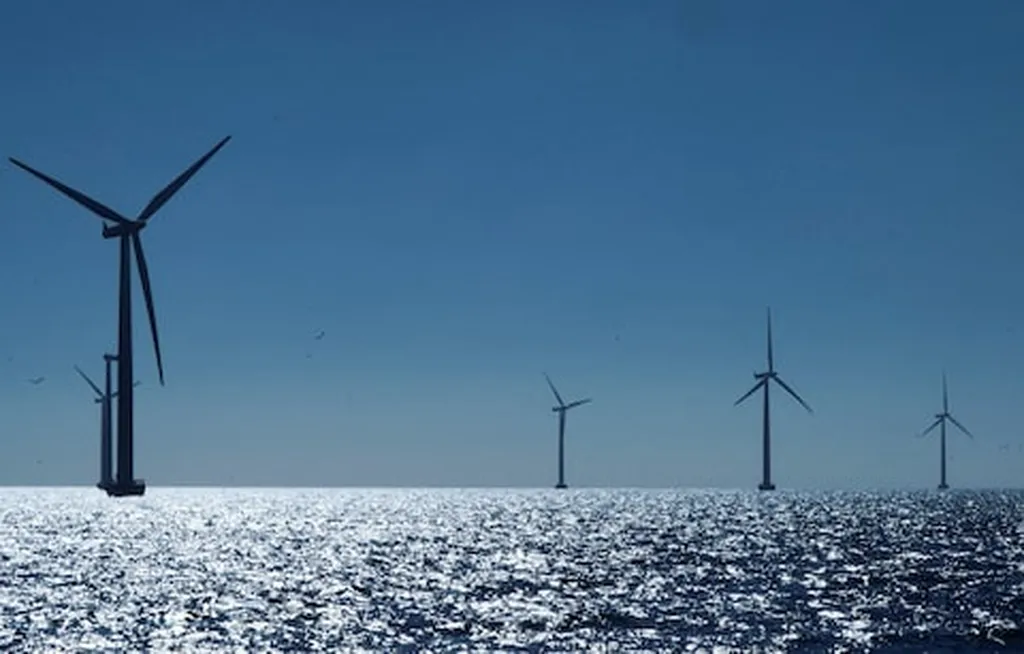The Bureau of Ocean Energy Management (BOEM) has ordered Ørsted and Skyborn Renewables’ 704MW Revolution Wind project to halt offshore work, citing a need to address concerns related to national security and reasonable uses of maritime zones. The stop-work order, received by Ørsted’s subsidiary Revolution Wind LLC on 22 August, comes amidst a broader review prompted by a January order from President Donald Trump.
BOEM’s directive aims to “address concerns related to the protection of national security interests of the US and prevention of interference with reasonable uses of the exclusive economic zone, the high seas, and the territorial seas.” Ørsted confirmed it is complying with the order, prioritising worker safety and environmental protection while ceasing offshore activities. The project, which began offshore construction last year after receiving final BOEM approval, is reportedly 80% complete, with all foundations in place and 45 of 65 Siemens Gamesa turbines installed.
Ørsted emphasised that Revolution Wind is fully permitted, having secured all necessary federal and state authorisations, including a Construction and Operations Plan approval letter issued on 17 November 2023. The project holds 20-year power purchase agreements to deliver 400MW of clean electricity to Rhode Island and 304MW to Connecticut, equivalent to the needs of more than 350,000 homes. The company also pointed to the performance of the nearby South Fork Wind farm, which uses the same turbine technology and achieved a 53% capacity factor in the first half of 2025, matching baseload resources in New York.
Ørsted is evaluating all options to resolve the matter expeditiously, including direct engagement with permitting agencies and potential legal proceedings. The developer aims to resume construction and continue towards a commercial operations date in the second half of 2026. The company is also assessing the potential financial implications of the stop-work order and will update the market on any impact to its plan to launch a rights issue.
Liz Burdock, CEO of the Oceantic Network, criticised the stop-work order as “unlawful,” stating that it “further erodes investor confidence in the US market across all industries and undermines progress on shared national priorities—shipyard revitalisation, steel and port investments, and energy dominance.” Burdock argued that halting work on Revolution Wind will drive up energy costs, idle Gulf Coast vessel operators, and jeopardise union workers’ livelihoods. She urged the Department of the Interior to reverse the order immediately.
This development raises questions about the future of offshore wind projects in the US and the potential impact on energy costs, job creation, and national energy independence. The stop-work order could also influence investor confidence and the pace of development in the offshore wind sector, as stakeholders await further clarity from the Department of the Interior.

